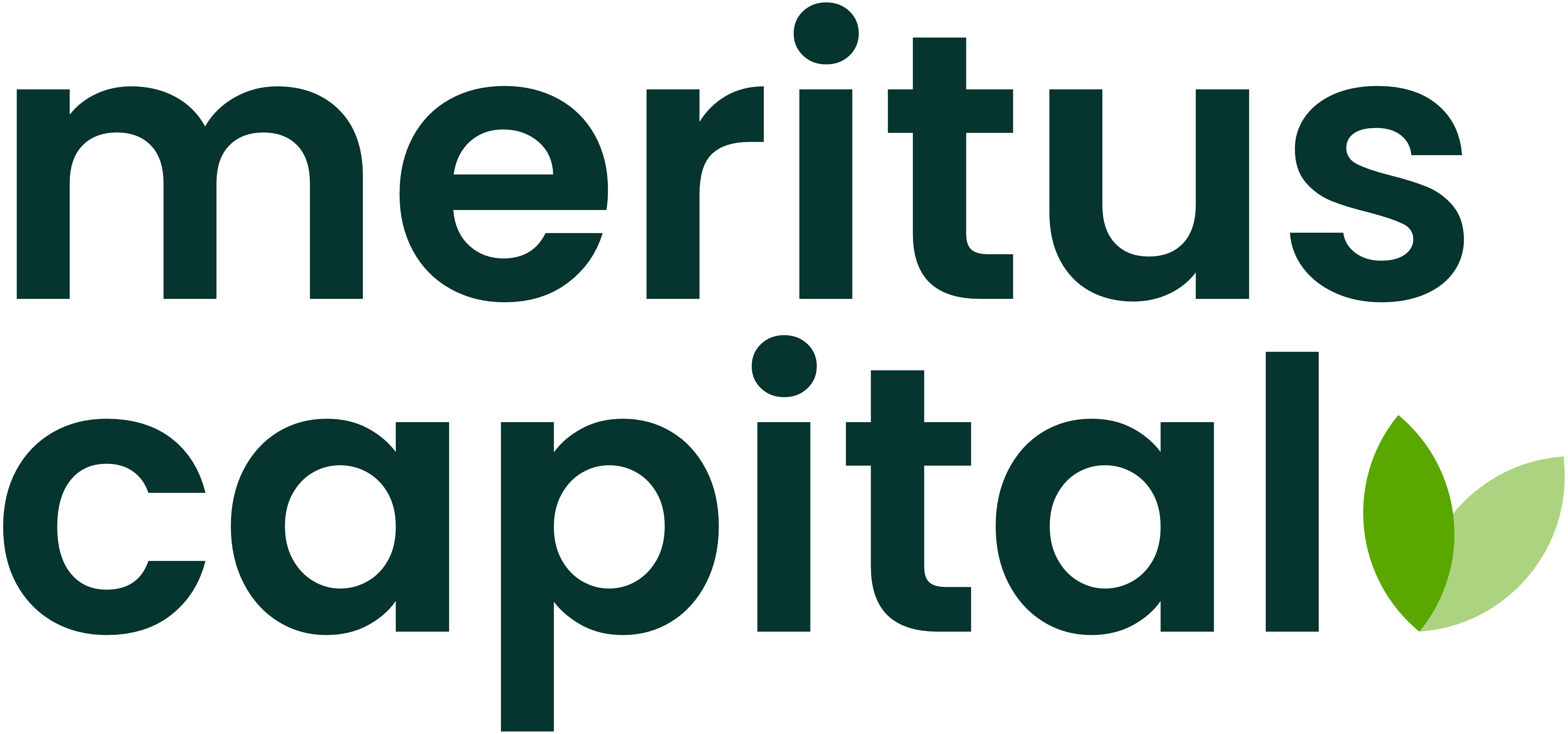Pros & Cons of Factoring: A Practical Review

Weighing the pros and cons is a common practice for most before making important decisions. How an owner will finance their business is one of those decisions. It is important to understand the impact that a certain type of financing will have. Factoring is a great solution for thousands of business across the USA and Canada, but it is not for every business. Here are the top Pros and Cons of factoring.
Pros of Factoring
- Cash Flow Solution This is what factoring is. Waiting for payment because of a client's payment terms is at the core of a lot of business cash flow struggles. Factoring finances this gap and gives businesses access to most of this capital tied up in outstanding AR essentially right away.
- Unlimited Growth. Factoring companies provide the service based on the credit quality of their client's customers. If a business utilizing the factoring service continues to make sales and generate invoices to creditworthy customers, good factoring partners will continue to extend the funds to their clients. This unlocks virtually unlimited growth and access to capital.
- Solution for Start Ups. Factoring is not based on an individual's credit score or years in business. For this reason, as soon as a business has an invoice, they can utilize factoring.
- Flexibility to Extend Terms to Clients. Factoring accelerates payments that are on terms, so partnering with a factoring company gives you the ability to offer terms to your clients.
- Credit and Collections. Business owners now have help to conduct credit checks and analysis, make credit decisions, keep records of accounts receivable, and collect accounts receivable.
- Peace of Mind. Cash flow issues can cause a lot of anxiety for a business owner. Factoring bridges the gap in a business owners revenue cycles, providing the needed cash flow for payroll and operational expenses with ease.
- Can Focus on Income Producing Activities. Instead of a business owner wasting countless hours fretting over how they will make payroll and other financial obligations, they can focus on marketing and sales.
- Quick Set Up. The underwriting process connected to traditional financing is very lengthy whereas with factoring a business owner can generally be set up within 5-10 business days.
- Accessibility. The main two qualifications for factoring is credit worthy customers and invoices that are for a completed service or delivered product. This makes it accessible for many business owners.
- Affordable. Factoring costs have come down over the years allowing more and more business owners to work it into their cost of doing business with less stress. Fees vary by factoring company but generally the Factor receives a small fee when your customer pays the invoice with. Accelerating cash flow without burdensome repayments.
Cons of Factoring
- Limitations. Factoring is limited to just B2B (Business to Business) or B2G (Business to Government) businesses only
- Guaranty. In most cases a personal or validity guarantee is required.
- Ongoing Servicing. There are some administrative duties that go along with factoring. A business will in most cases have to send over copy of their invoices and backup documentation in order to get funded.
- Notification. In most cases, a notice of assignment is sent to the end customer letting them know that an assignment of the invoices has taken place. Most companies are very used to receiving these and it creates very little issue.
- 1st Position. Factoring companies in most cases require a first position filing on the accounts receivable of the business. This can be difficult if a business already has financing in place where another lender requires this as well.
- Not Credit Driven. If a business does not have eligible accounts receivable, factoring will not be a solution for them.
- Remittance Address. Since the factor has purchased the company's invoice, the payment in most cases will be directed to be paid directly to the factoring company.
- Buybacks. Standard practice within the factoring industry is that if an invoice goes beyond 90 days, the customer will be requested to buy back the invoice or replace it with another one. In some cases, though, factoring companies will be flexible and not require this.
If you have any further questions about invoice factoring for your business, feel free to email us here: info@merituscapital.com or call us toll-free at (877) 648-3709. Meritus Capital is going on 20 years providing unparalleled service for businesses throughout the U.S. and Canada and would consider it a privilege to assist your business as well.
More questions? We're here to help.
Send us a note and our team will reach out to you or simply call us at 877-648-3709
